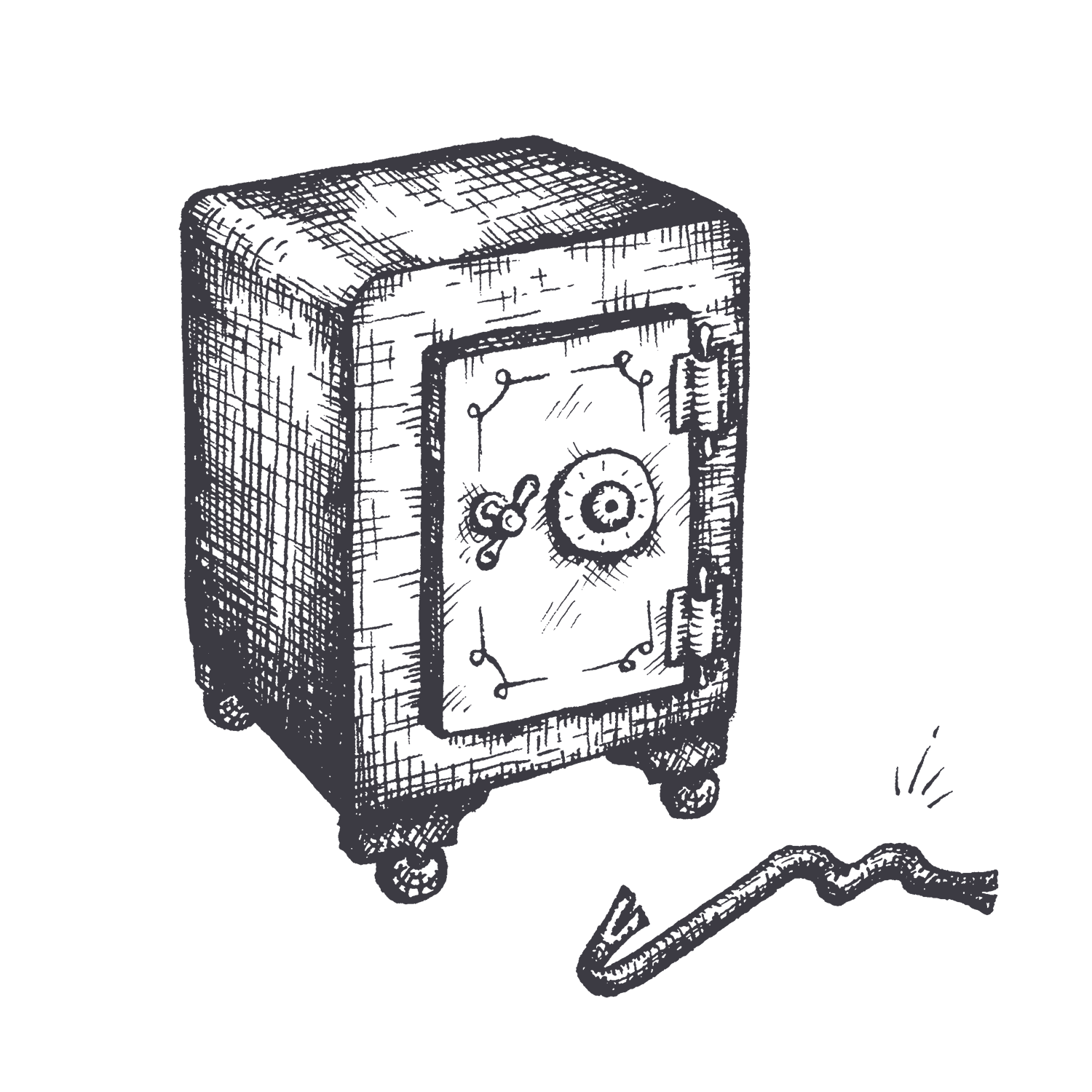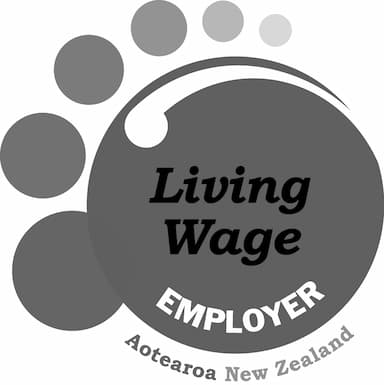Trusts
It’s a matter of trust

If, to paraphrase Billy Joel ‘it’s a matter of trust’’ you’ve come to the right legal team.
Marks & Worth are your go-to specialists in trust Law. Not just because of our industry, we’re just very trustworthy people.
1. What’s a Trust?
Whether you have a charitable trust for philanthropy, a family trust for the kids or even a business trust, protecting those assets for your trust beneficiaries is essential. You have worked hard for these assets, so let us help protect them now and for future generations.
2. How Marks & Worth can help.
We’ll work with you to decide whether a trust is appropriate for you and the type that works best for you, your assets, and your aspirations. A trust deed is a document that spells out the rules you want to be followed for any assets held in that trust. Our team can guide you through making sure it's fit for purpose, carries out your intentions and, of course, that it's legal.
Talk to us if you need advice about protecting your assets via any sort of trust.
Rely on our Trust experts to help you choose and set up a Trust today.
Get In TouchFAQ
Think of this as a Community Chest of knowledge if you will
Would you believe trusts have existed since the Crusades in medieval Europe? While things have modernised a bit since, the main benefit has been preserving and protecting your assets. While each trust is different, some other benefits include securing future income for your family, protection of asset loss to creditors, & transferring wealth between generations in a more structured manner.
A family trust cannot last longer than 125 years and an end date must be set when the trust is established – also known as the date of distribution.
Once a trust has been established, it must be administered properly. A family trust achieves its objectives by separating ownership of the Trust's assets from your personal assets. If the trust is not administered properly to recognise this separation, the trust could be challenged as a sham trust by a creditor, relationship partner, the IRD or Work and Income New Zealand. If such a challenge succeeds, the benefits available through the trust structure could be lost.
While the law requires all trustees to act independently and impartially, the term ‘independent trustee’ is used to describe a trustee who is not a beneficiary of the trust and cannot benefit from the assets of the trust.
An independent trustee is highly recommended as they can play an important role in ensuring that all beneficiaries of the trust are treated impartially and fairly. This is particularly important in family situations where competing interests and family tensions can place trustees under strain.
An independent trustee should have professional expertise and skills that will assist the other trustees with decision making and administering the trust. While there will be fees associated with having a professional trustee, the right independent trustee can be seen as an ‘insurance policy’ against attacks against the trust by disgruntled family members or outside parties (such as creditors) and help with managing the trust assets and ensuring the trust is properly administered. We can help set up an independent trustee company for your trust.
Great question. In a classic family trust, for example, there will be a settlor, trustees and beneficiaries. While many people have relatives as trustees, it's important to consider an independent trustee and settlor. These can be your lawyer or your accountant (or a company they establish), for example. Business and charitable trusts are different again. Trusts can be complicated and expensive, so getting the right legal advice from someone you can trust (every pun intended) is essential. We are not only experienced, but we are a trustworthy bunch, so if you're interested in setting up a trust, we'd love to chat.
Absolutely, but we can help you through this at the same time. Follow-up question, do I need both? Also yes.









